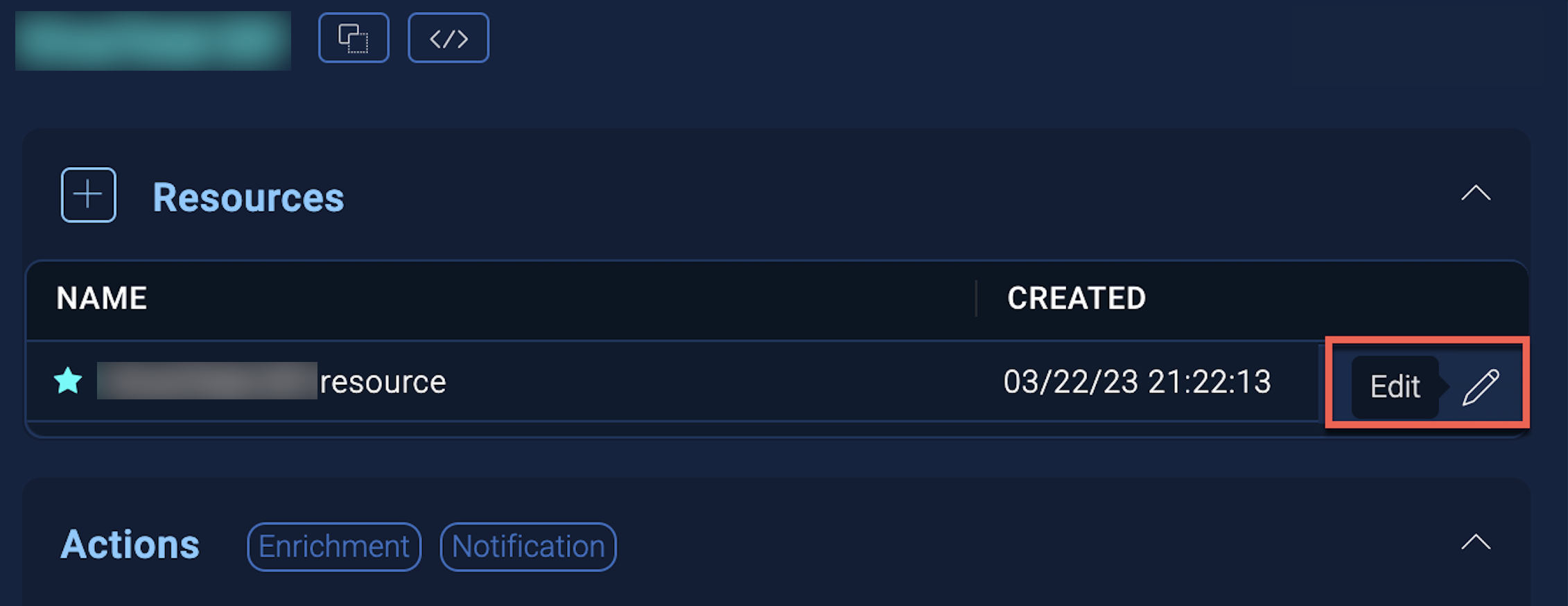Mimecast

Version: 1.4
Updated: Feb 28, 2024
Mimecast protects an enterprise's email infrastructure from viruses, malware, phishing, and the rise of deep-fake attacks. It does this by deploying a layered cyber resilience solution that prevents email-borne infections and reduces data loss by archiving emails.
Actions
- Get Account (Enrichment) - Get the details about the used Mimecast account.
- Get Audit Events (Enrichment) - Get the attacks that have already occurred or is in progress.
- Get Internal Domain (Enrichment) - Get the internal domain inside the account.
- Get Internal Users (Enrichment) - Get the internal users inside a specific account domain.
- Permit Block Emails (Containment) - Permit and block sending email.
- Send Email (Notification) - Sent email to another email.
Mimecast configuration
To configure Mimecast, see Mimecast documentation.
Configure Mimecast in Automation Service and Cloud SOAR
Before you can use this automation integration, you must configure its authentication settings so that the product you're integrating with can communicate with Sumo Logic. For general guidance, see Configure Authentication for Automation Integrations.
How to open the integration's configuration dialog
- Access App Central and install the integration. (You can configure at installation, or after installation with the following steps.)
- Go to the Integrations page.
Classic UI. In the main Sumo Logic menu, select Automation and then select Integrations in the left nav bar.
New UI. In the main Sumo Logic menu, select Automation > Integrations. You can also click the Go To... menu at the top of the screen and select Integrations. - Select the installed integration.
- Hover over the resource name and click the Edit button that appears.

In the configuration dialog, enter information from the product you're integrating with. When done, click TEST to test the configuration, and click SAVE to save the configuration:
-
Label. Enter the name you want to use for the resource.
-
URL. Enter the Mimecast base URL including region. For example,
https://us-api.mimecast.com -
Access Key. Enter the Mimecast access key.
-
Secret Key. Enter the Mimecast secret key associated with the access key.
-
Application ID. Enter the Mimecast application ID.
-
Application Key. Enter the Mimecast application key associated with the application ID.
-
Connection Timeout (s). Set the maximum amount of time the integration will wait for a server's response before terminating the connection. Enter the connection timeout time in seconds (for example,
180). -
Verify Server Certificate. Select to validate the server’s SSL certificate.
-
Automation Engine. Select Cloud execution for this certified integration. Select a bridge option only for a custom integration. See Cloud or Bridge execution.
-
Proxy Options. Select whether to use a proxy. (Applies only if the automation engine uses a bridge instead of cloud execution.)
- Use no proxy. Communication runs on the bridge and does not use a proxy.
- Use default proxy. Use the default proxy for the bridge set up as described in Using a proxy.
- Use different proxy. Use your own proxy service. Provide the proxy URL and port number.

For information about Mimecast, see Mimecast documentation.
Change Log
- November 3, 2021 - First upload
- June 9,2023 - Refactored
- July 7, 2023 (v1.2) - Removed leading/trailing spaces
- July 14, 2023 (v1.3) - Code refactoring
- February 28, 2024 (v1.4) - Updated code for compatibility with Python 3.12